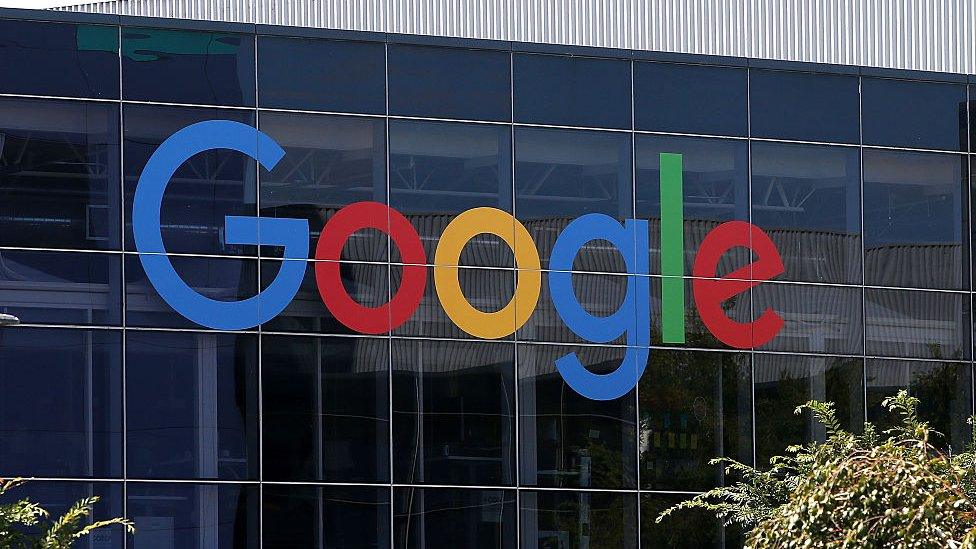Google - powerful and responsible?
- Published
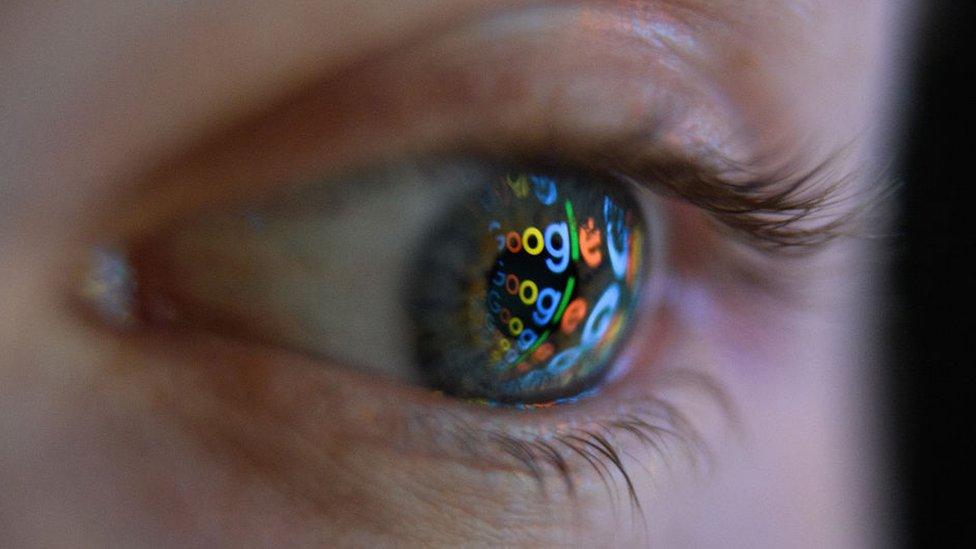
If information is power in the digital age (and it is), then Google has a fair claim to being the most powerful company in the world.
It has collected, digitised, arranged and presented more information than any company in history.
It knows more about you than anyone.
Does the NHS or HMRC know if you have a dog or not? Google does.
With great power, supposedly, comes great responsibility.
The powerful should not abuse their position and should perhaps play a role in supporting the societies in which they operate.
Do Google and the other titans of the digital age like Apple, Facebook and Amazon pass those tests?
I went to Manchester to meet Google's chief financial officer, Ruth Porat, who was opening a "digital garage" - a drop in centre in the middle of the city where folks can pop in to get tutorials on digital skills like writing a CV, using spreadsheets or making an online marketing plan for your business. All for free.
She said: "We want to help people young and old to make the most of their lives and the opportunities the digital age presents to them. 50% of the world is still not online, 75% of UK businesses say they can't find employees with the right digital skills - we want to help with that."
Self-serving
It's a laudable aim and it was a slick presentation which went down well with a crowd that included the Mayor of Greater Manchester, Andy Burnham.
He praised Google's efforts as a perfect fit for the regions ambitions to create a digital economy.
But it was also slightly self-serving.
The training module on how to advertise your business on-line is essentially a tutorial on how to use Adwords, a service that charges companies for showing up on Google searches - which generates $100m of revenue a DAY.
It shouldn't be a surprise that a business promotes its own products.
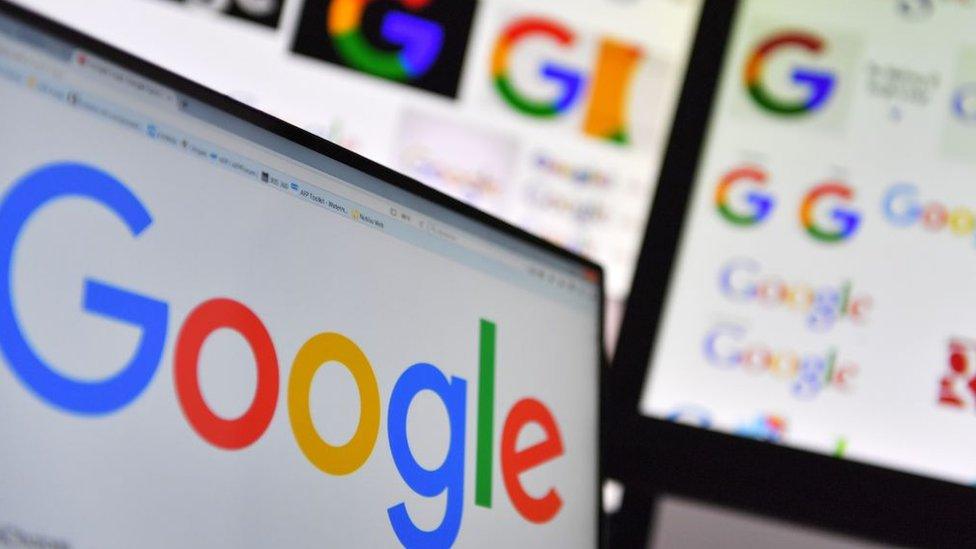
But when you own the means by which the world goes searching that advantage becomes a problem for everyone else.
If you are looking to buy an item, Google's own shopping comparison service pops up on top.
If Google is the internet shop window, it puts its own stuff right at the front leaving competitors services gathering dust in the store room equivalent of page two of the search results.
The EU fined Google €2.4bn for doing this, which the search company is appealing.
A taxing issue
Then of course there is the issue of tax.
Google and its parent company Alphabet are driving technological innovation that will see huge changes in the way we live and work in the years to come.
They are pioneers in Artificial Intelligence and robotics that will bring many benefits to the world but may also bring mass unemployment.
Other tech titans are reshaping the world in other ways - witness the impact Amazon has had on retail and the nature of the high street or Uber on the taxi industry.
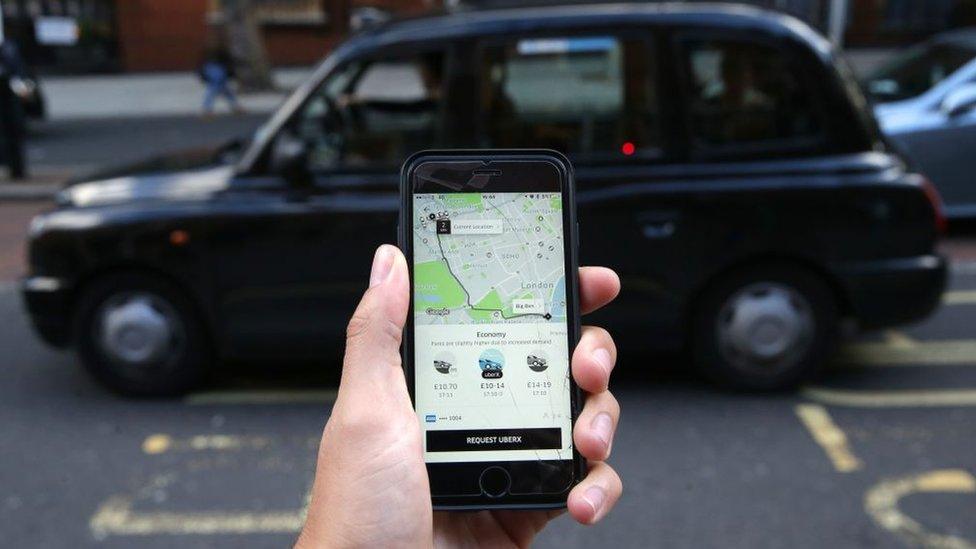
Uber, like Google, is changing society
The bill for this huge societal adjustment will fall to governments and taxpayers while the companies rewriting the map of the future have found some pretty far flung corners of it to store their cash in.
The recent leak of documents from an offshore law firm - the so called Paradise Papers - show some of these supra national economic powers like Apple are keeping their profits in the parts of the world that charge the least - if any - tax.
Google profits generated outside the US have ended up in Bermuda - which has a corporation tax rate of zero.
On this point, Ms Porat was as unapologetic as Apple have been in the past.
"We don't design the rules - we follow them. If there is an international reform of taxation, we would welcome that and work with it," she said.
Forget the legal arguments - does the company feel any sense of moral responsibility?
"We feel that we contribute to the communities we serve. This digital garage is an example of that. We help drive growth for businesses big and small and that creates jobs and economic growth. We feel good about what we do"
No finance chief worth their salt wants to pay more tax than they are legally required to - and Ms Porat is worth a considerable amount of salt (having been chief financial officer of US investment bank Morgan Stanley previously).
European regulators and politicians are on their case - French Emmanuel Macron recently called tech firms the "freeloaders of the modern world" and EU competition commissioner Margrethe Vestagher found that Google "abused it's dominance and seriously harmed competition" - a finding that the company is appealing.
But despite the litigation, the fines, the appeals and the attendant uncomfortable headlines, one thing is clear.
The tech giants enjoy incredible customer loyalty which is perhaps why they genuinely do not believe they are the bad guys in the story of the new industrial revolution.
- Published12 July 2017
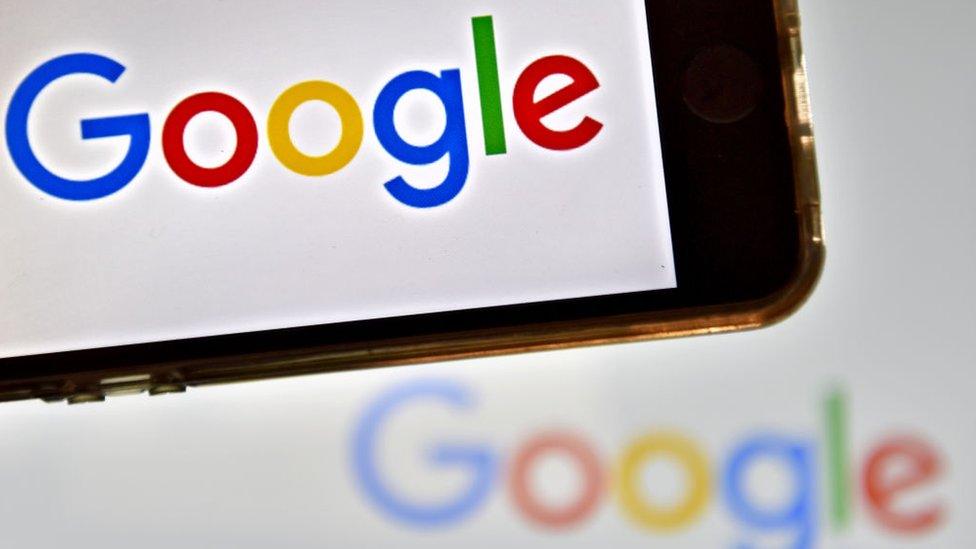
- Published31 March 2017
